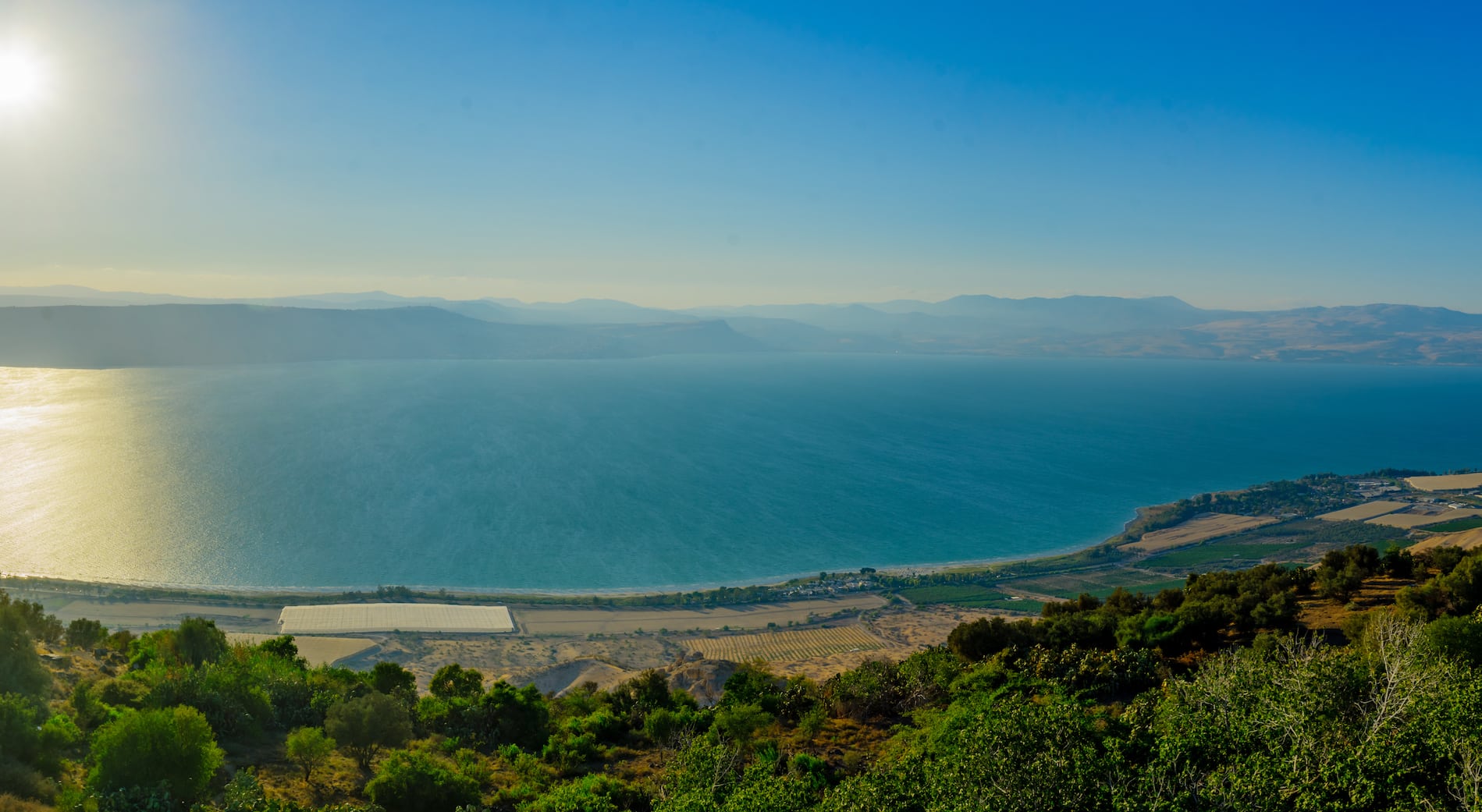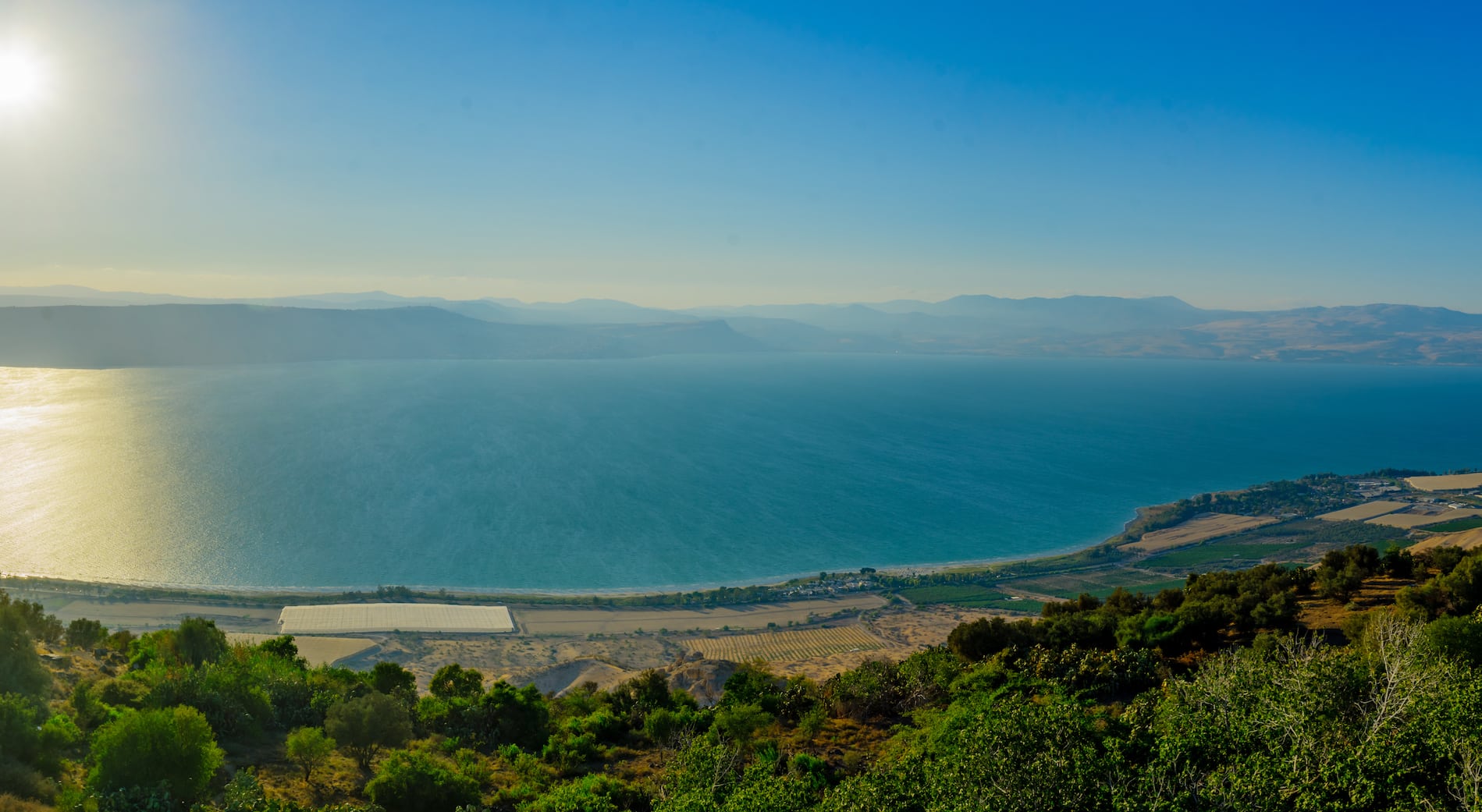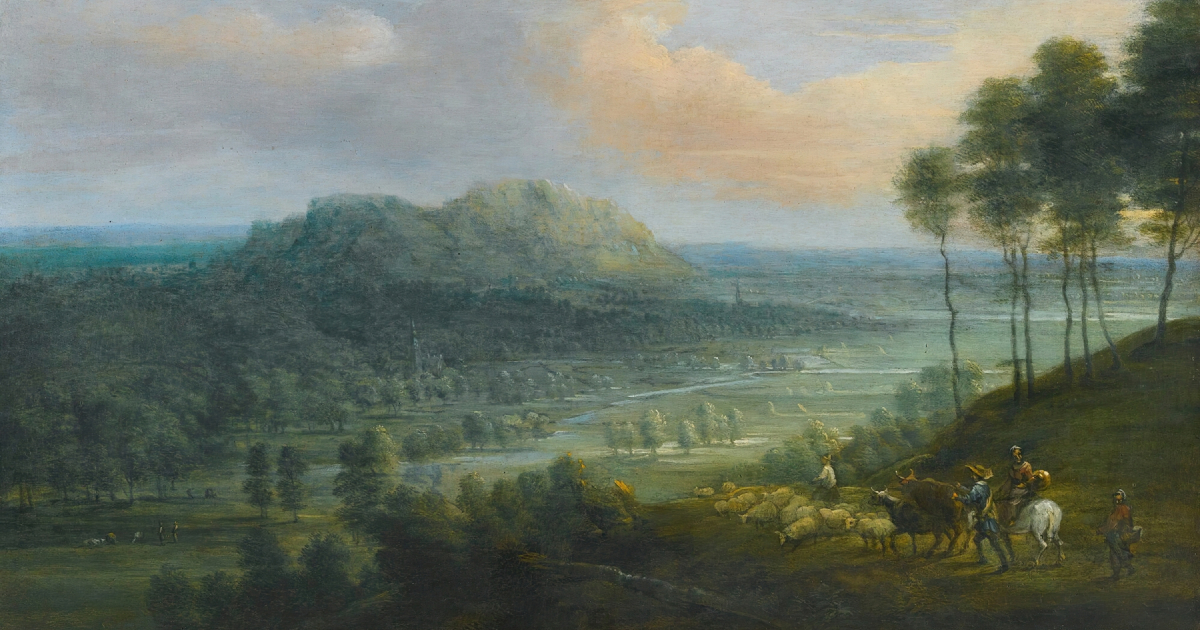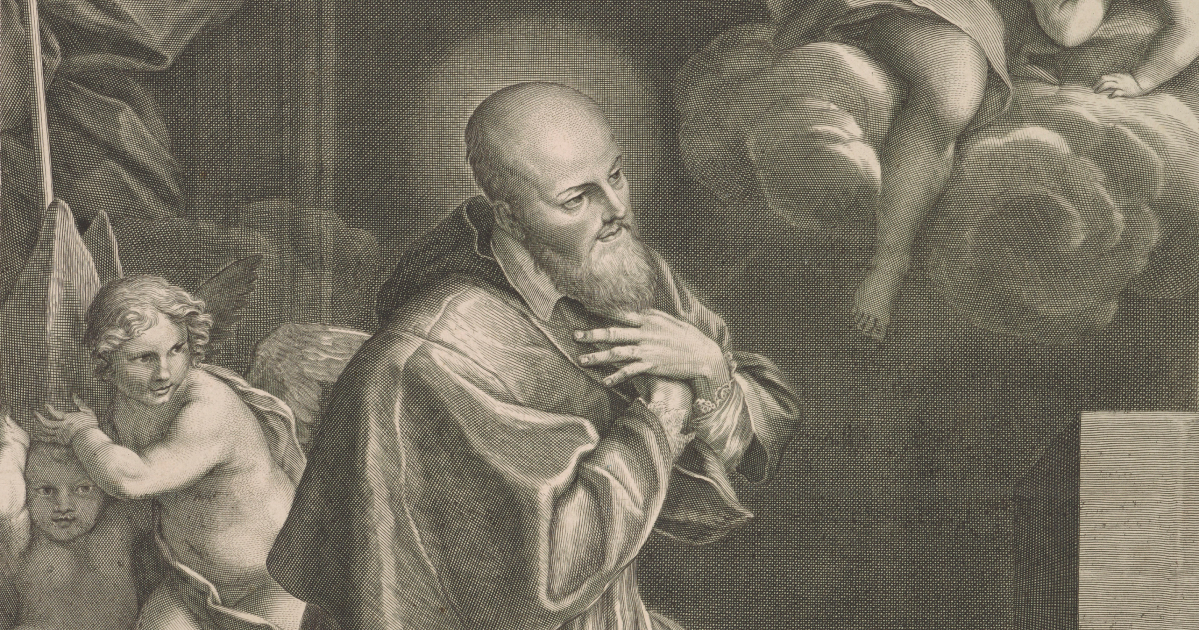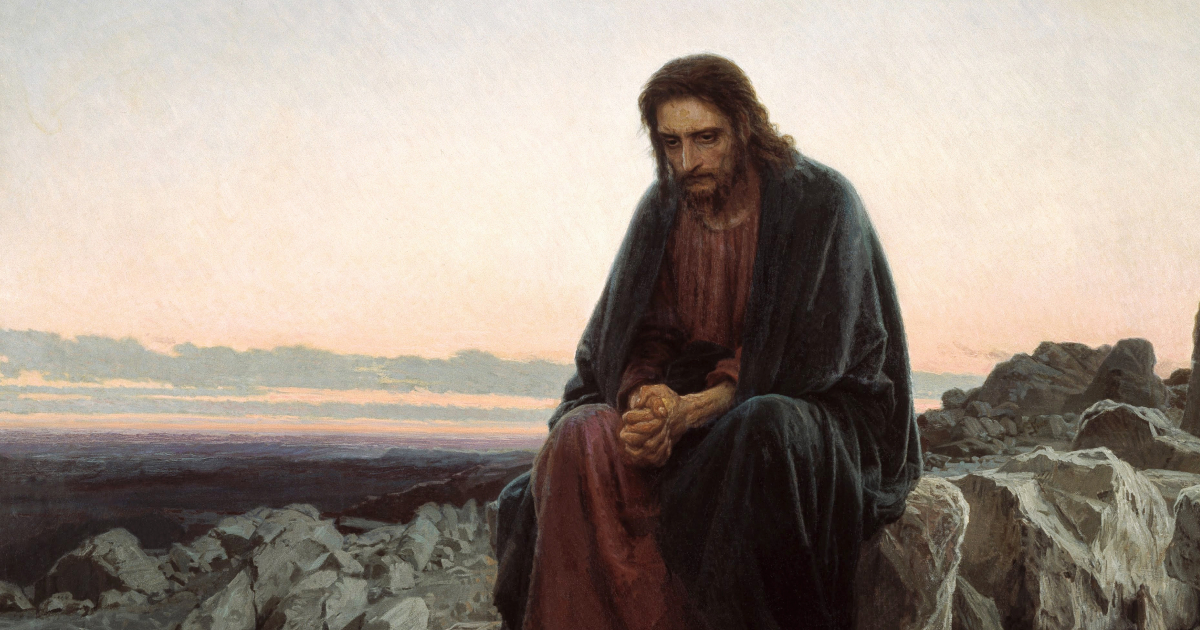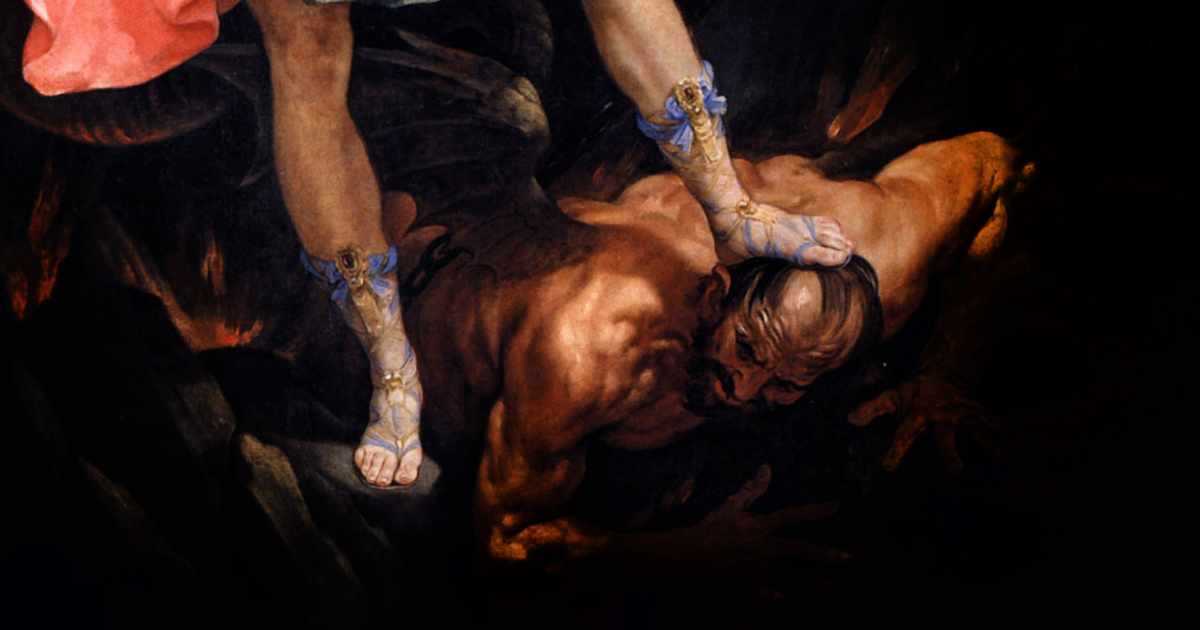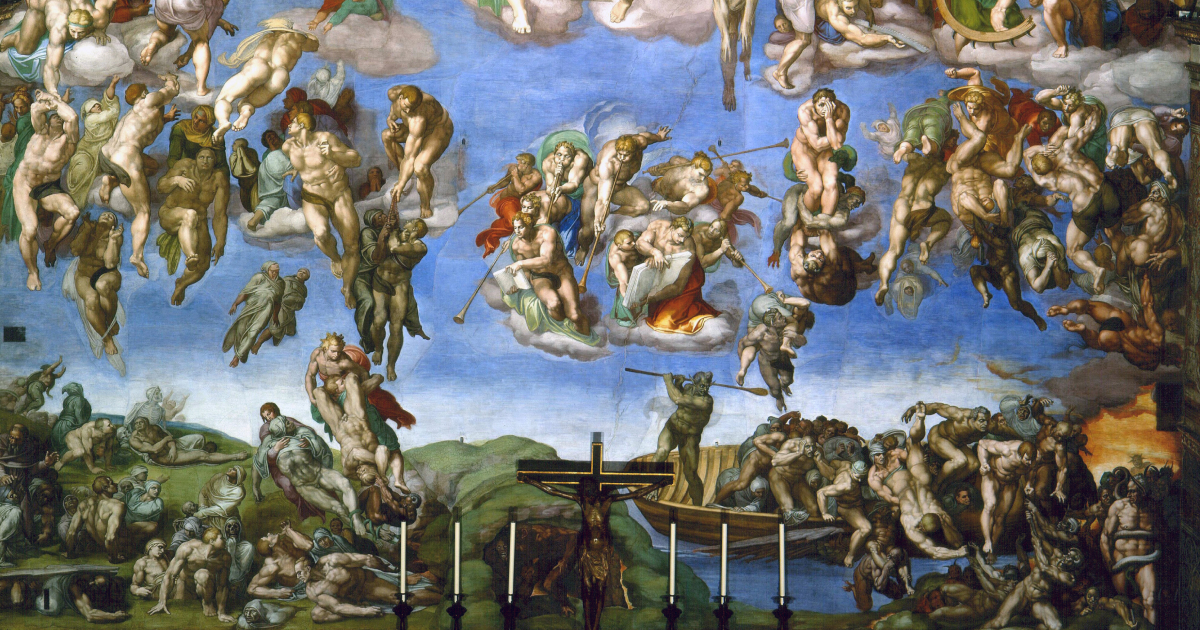Where would you go?
My wholly unrealistic dream would be to walk in Galilee. I would love to walk the Via Francigena, starting in Canterbury, as two of my friends did when he retired from the Navy – she had offered him a nice relaxing cruise but understandably he was not interested. But I fear that by now my knees are not quite up to a tramp of three months or so. I might one day do the last stage through Tuscany to Rome. Meanwhile, one day I hope again to walk, alone, from Cambridge to Walsingham.
Would you make any special stops?
Yes: there are places where you can feel the resonance of past prayer and devotion almost palpably, places where it is wise not to assume there will not be surprises. On the Walsingham route I took, Lakenheath church, which always shows me something I did not know, often challengingly; Gooderstone, where the times I have been the very motes in the sunlight from those great windows have seemed to dance; and South Acre, next to Castle Acre. Go there and you will see why. The antiquarian in me says, “And there is a very rare pre-Reformation wooden lectern.”
Who would you travel with?
Who knows? Sometimes people join their steps to yours for a spell, and welcome. Sometimes you never know their name but you never, ever, forget them: it has happened to me several times. But sometimes it is best to be alone, for with a companion someone garrulous like me finds it hard to stop talking, which is not always wise. I can walk silently, companionably, with my dear Rosanna, though. She joined her steps to mine late in life. Deo gratias.
You can transplant your favourite pub, bar or restaurant onto the route. What is it?
The Swan at Middleton in Lonsdale, in Cumbria. Good beer, excellent pies, a grand place to sit by the fire to dry out when you and the tired dog have come in out of the rain and wind on the moor.
Camp under the stars, or find a church hall to sleep in?
I have done both. The first can be tricky in England. I once shared a cowshed with seven cows, on a walk which only later I realised was a pilgrimage, near Zurich. Warm and odorous. I like cows.
Which books would you take with you?
When I went to Florence, naturally, I took Dante, and followed with him the pilgrim steps up to San Miniato al Monte (Purgatorio XII). But wonderful “dipping” books, full of delight, are Ronald Blythe’s various volumes, and Francis Kilvert’s and Gilbert White’s diaries. You see, I do have a love affair with the English countryside at all times of the year, even in its current battered and disgracefully mistreated state.
What Bible or religious verse would you ponder as you walked?
Psalms 19, 65 and 104 (KJV), if I am in a good and happy mood and, as I should be doing, seeing all as charged with the glory of God, as Hopkins says. If grumpy, these can even lift my mood.
What’s your go-to prayer?
The Kyrie. And Meister Eckhart says that if you only say “Thank you”, that is enough.
What’s the singalong that would keep everyone’s spirits up?
Difficult: it can’t be in triple time, for your feet would want to dance it, and that rules out several favourite hymns. I once challenged members of our congregation at Little St Mary’s, Cambridge, to write stirring and holy words for “Colonel Bogey”, in imitation of the great Ambrose, so ’tis said, who put devout words to the tunes to which the legions sang their obscene songs. If it has to be a hymn, the Walsingham hymn does as well as anything. But when several of you can get it right and bellow, “Va, pensiero…”, you could conquer the world.
You’re allowed one luxury in your bag. What would it be?
A hip flask – or three – of decent malt.
What would you most miss about ordinary life?
The predictability of routine, where you know what to expect. You think.
Charles Moseley’s Etheldreda’s World: Princess, Abbess, Saint is published by Merlin Unwin Books, priced £12.99.





